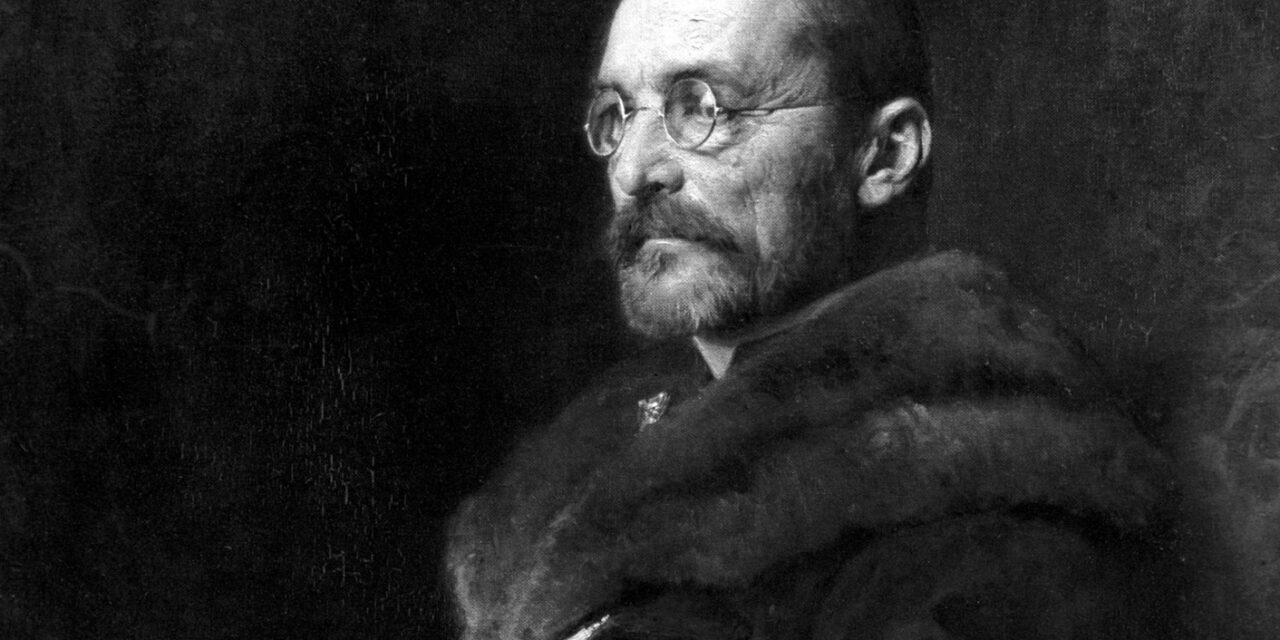On the last day of the Aster Revolution, on October 31, 1918, Prime Minister István Tisza, one of the most controversial leaders of his time, was assassinated. On the occasion of the anniversary, Duna World will air the dramatized documentary "As I Lived I Will Die" - The Tragedy of István Tisza, which explores the murder and its antecedents, on Thursday evening.
István Gróf Tisza, an aristocratic politician and member of parliament, served as prime minister twice, first between 1903 and 1905 and then between 1913 and 1917. During his second prime ministership, the Austro-Hungarian Monarchy entered the First World War.
István Tisza is considered one of the controversial leaders of the dawn of the 20th century. His administration was characterized by a marked conservative policy and ruthless action against opposition obstruction. Both contemporaries and posterity tended to call him a scapegoat for the collapse of the Monarchy, but at the same time he was one of the most prepared statesmen of his time, who in a certain sense was elevated to a hated icon by his own cunning. In the final days of World War II, revolution and a desire for revenge dominated the streets of Budapest, and in the eyes of the disaffected masses, he became responsible for the country's misery. He was murdered in his villa on October 31, 1918.
The 2018 documentary "As I Lived, So I Will Die" - The Tragedy of István Tisza, directed by Barnabás Borbás and László Réti, explores the murder and the events leading up to it.
The film will be shown on the anniversary day, October 31, from 18:40 on Duna World.
On October 31st, the M5 cultural channel's program entitled Libretto, starting at 4:30 p.m., will also deal with the film, and the studio's guest on the topic will be poet, writer, film aesthete László Deák-Sárosi.
hirado.hu
Count Gyula Benczúr's painting of István Tisza. The reproduction of the artwork was made on June 6, 1968 (Photo: MTI/Reproduction)













